Space Exploration
Latest about Space Exploration
-
-

Trump says US government will declassify its UFO files. Will we actually learn anything this time, or is this a distraction?
By Brett Tingley Published -
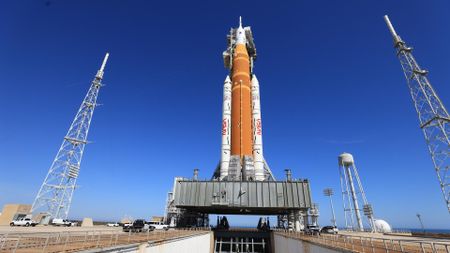
'This is really getting real.' NASA's Artemis 2 moon rocket fueling test went so well, astronauts could launch March 6
By Mike Wall Published -
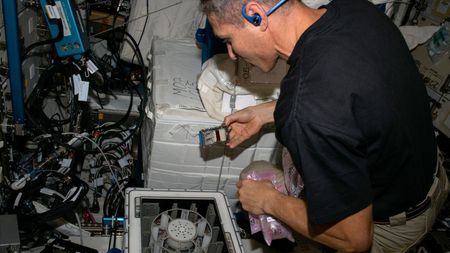
Scientists successfully mine meteorites on International Space Station — using microbes
By Julian Dossett Published -

Firefly Aerospace prepares Alpha rocket for 1st launch since explosive mishaps last year
By Josh Dinner Published -
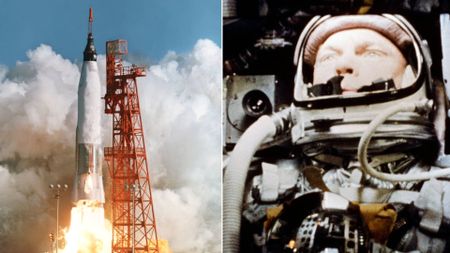
On this day in space: Feb. 20, 1962: John Glenn becomes 1st American to orbit Earth
By Hanneke Weitering Last updated -
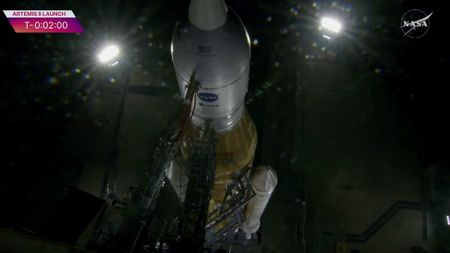
NASA just fueled up its Artemis 2 moon rocket in 2nd critical test. Was it a success? (It sure looked like it.)
By Josh Dinner Last updated -
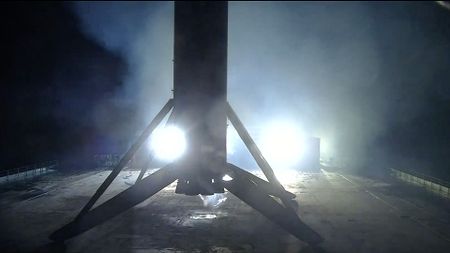
SpaceX lands Falcon 9 rocket in The Bahamas for 2nd time ever (video)
By Mike Wall Last updated
-
Explore Space Exploration
Human Spaceflight
-
-
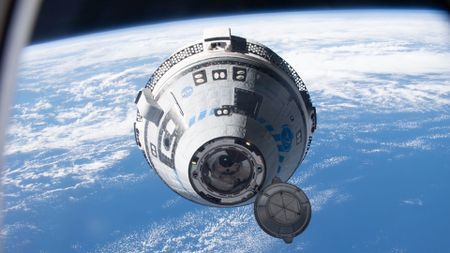
'We almost did have a really terrible day.' NASA now says Boeing's 1st Starliner astronaut flight was a 'Type A mishap'
By Mike Wall Published -
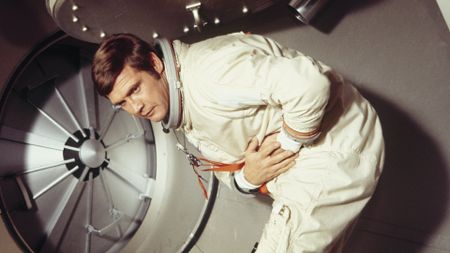
Do you suffer from IBS? This doctor says 'gravity intolerance' may be to blame
By Jessica Rendall Published -
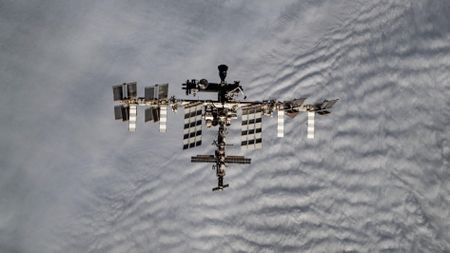
'Fully unlocking the orbital economy': This California company will fly astronauts to the space station in 2027
By Mike Wall Published -
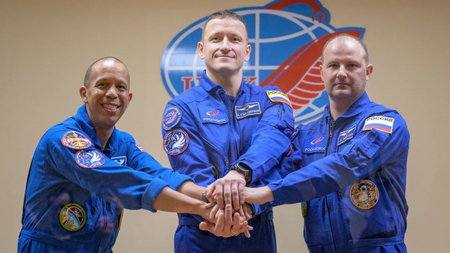
Will astronauts aboard the ISS get to watch Super Bowl LX?
By Jeff Spry Published -
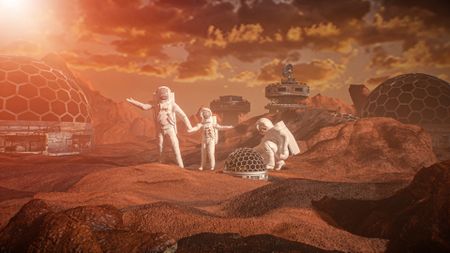
It's time to think about human reproduction in space, scientists urge
By Sharmila Kuthunur Published -

'I hope they forget all about Artemis 2': Moon astronauts are taking the long view
By Mike Wall Published -
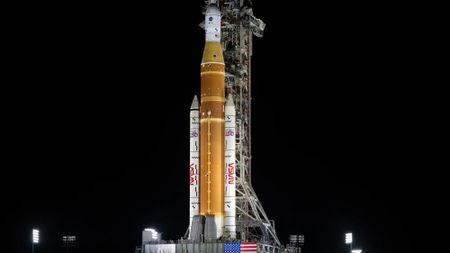
Watch NASA fuel up its Artemis 2 moon rocket today in critical prelaunch test
By Mike Wall Published -
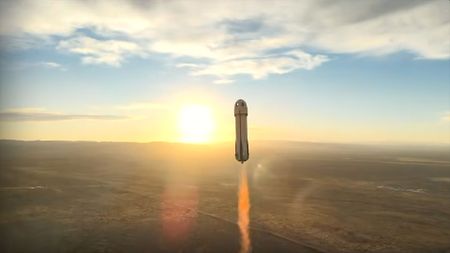
Chinese space tourism startup eyes 2028 for 1st crewed mission, signs celebrity for future flight
By Andrew Jones Published -
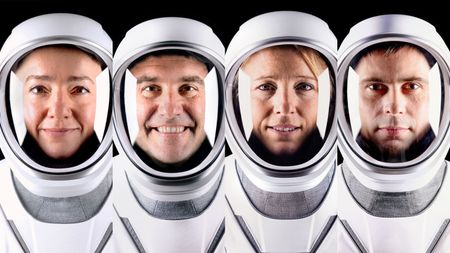
NASA's Artemis 2 mission to the moon puts Crew-12 SpaceX launch in delicate dance
By Josh Dinner Published
-
Launches & Spacecraft
-
-

Firefly Aerospace prepares Alpha rocket for 1st launch since explosive mishaps last year
By Josh Dinner Published -

SpaceX lands Falcon 9 rocket in The Bahamas for 2nd time ever (video)
By Mike Wall Last updated -
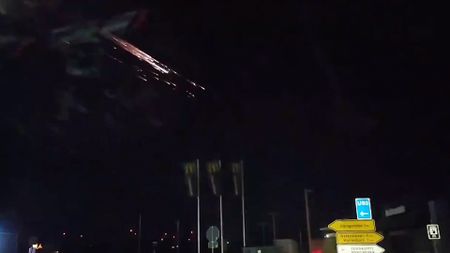
Scientists measure air pollution from reentering SpaceX rocket in real-time: 'It's never been done before'
By Tereza Pultarova Published -
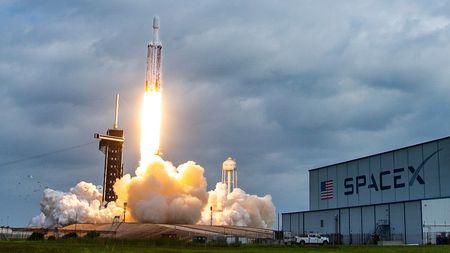
Rocket launch today: Is there a rocket launch and what time?
By Josh Dinner Last updated -

SpaceX will resume landing rockets in The Bahamas after raining debris on the country last year
By Mike Wall Published -
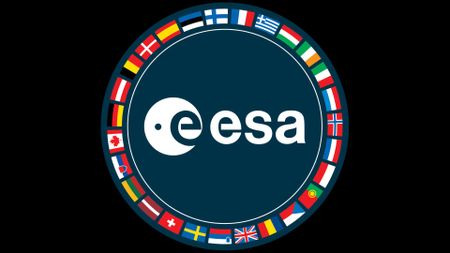
From Ariane to ExoMars: The ultimate ESA trivia challenge
By Kenna Hughes-Castleberry Published -
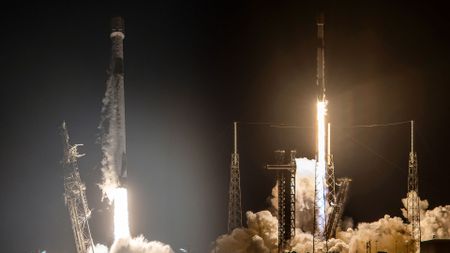
Double delivery: SpaceX sends Starlink satellites into orbit on launches from California and Florida
By Robert Z. Pearlman Published -
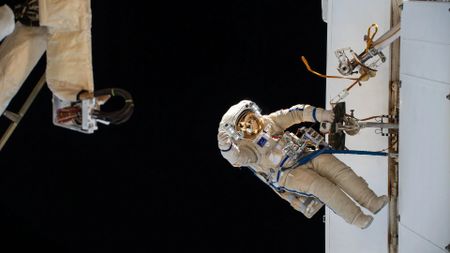
From Soyuz to the stars: A Roscosmos trivia quiz
By Kenna Hughes-Castleberry Published -
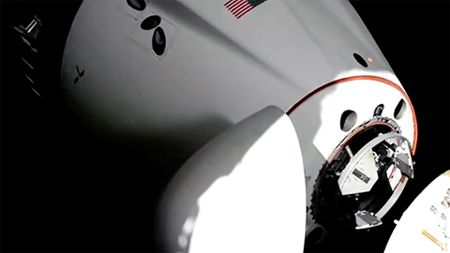
SpaceX Dragon astronauts make Valentine's Day docking at space station to boost skeleton crew (video)
By Mike Wall Last updated
-
Missions
-
-

'This is really getting real.' NASA's Artemis 2 moon rocket fueling test went so well, astronauts could launch March 6
By Mike Wall Published -

Scientists successfully mine meteorites on International Space Station — using microbes
By Julian Dossett Published -

NASA just fueled up its Artemis 2 moon rocket in 2nd critical test. Was it a success? (It sure looked like it.)
By Josh Dinner Last updated -
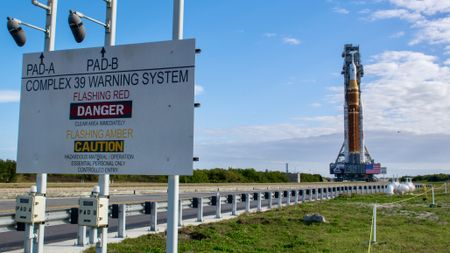
Artemis 2 SLS wet dress rehearsal latest news: 'Launch' countdown completed for moon rocket fueling test
By Josh Dinner Last updated -
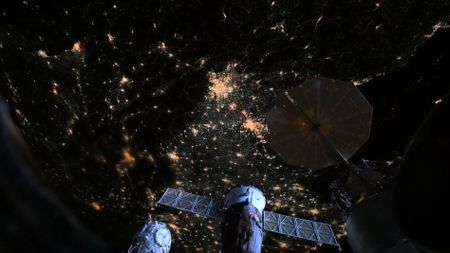
Lunar New Year fireworks seen from orbit | Space photo of the day for Feb. 19, 2026
By Anthony Wood Published -
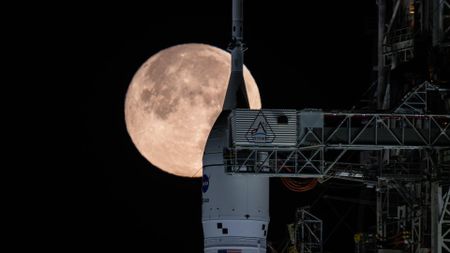
NASA will fuel up its Artemis 2 moon rocket for the 2nd time on Feb. 19. Will it leak again?
By Mike Wall Published -
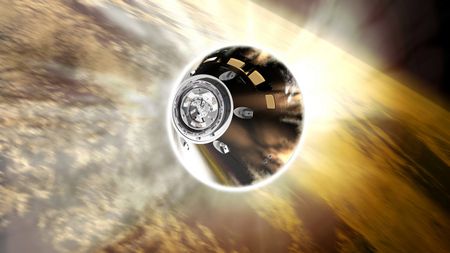
The Artemis 1 moon mission had a heat shield issue. Here’s why NASA doesn’t think it will happen again on Artemis 2
By Leonard David Published -
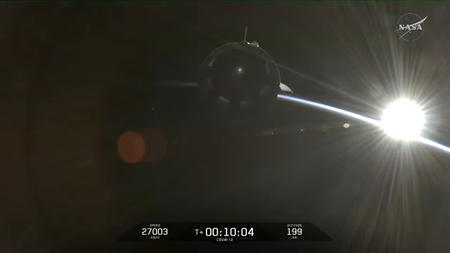
SpaceX Crew-12 mission latest news: It's docking day for Dragon astronauts
By Tariq Malik Last updated -
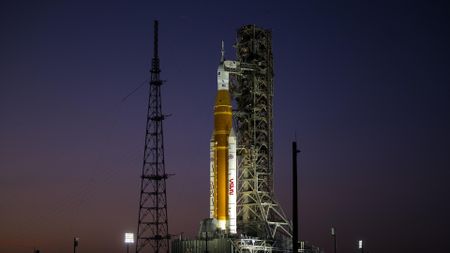
Why are the launch windows for NASA's Artemis 2 moon mission so short?
By Mike Wall Published
-
Private spaceflight
-
-
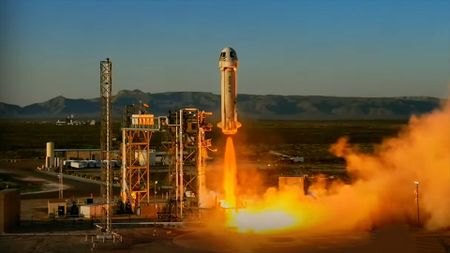
Blue Origin pausing space tourism flights for at least 2 years to focus on moon plans
By Mike Wall Published -
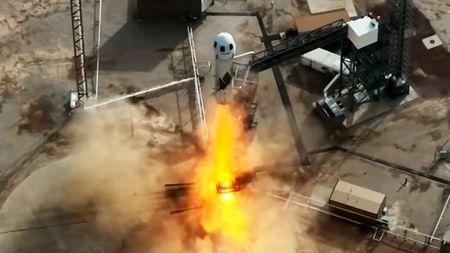
Blue Origin launches 6 space tourists to the final frontier after last-minute crew swap (video)
By Mike Wall Published -

Watch Blue Origin launch 6 people to suborbital space today
By Mike Wall Published -
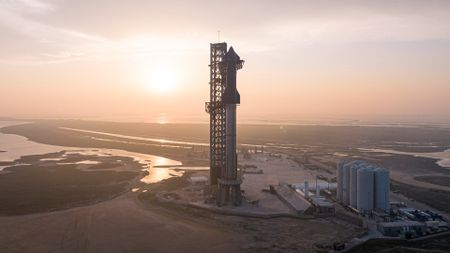
Superheavy-lift rockets like SpaceX's Starship could transform astronomy by making space telescopes cheaper
By Martin Elvis Published -
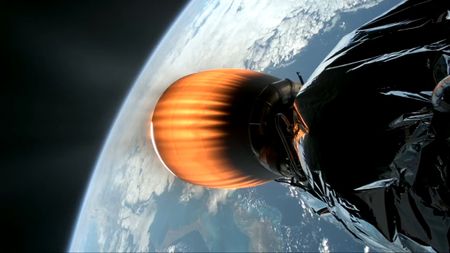
SpaceX shatters its rocket launch record yet again — 165 orbital flights in 2025
By Mike Wall Published -

Blue Origin launches 1st wheelchair user to space and back (video)
By Mike Wall Last updated -

Blue Origin targeting Dec. 18 for historic 1st spaceflight of wheelchair user
By Mike Wall Published -
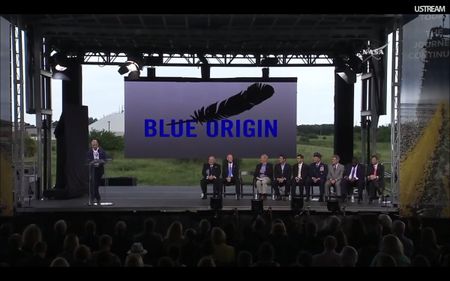
From Bezos to beyond: Blue Origin quiz
By Kenna Hughes-Castleberry Published -

Next Blue Origin tourist launch will fly wheelchair user to space for 1st time
By Mike Wall Published
-
Satellites
-
-
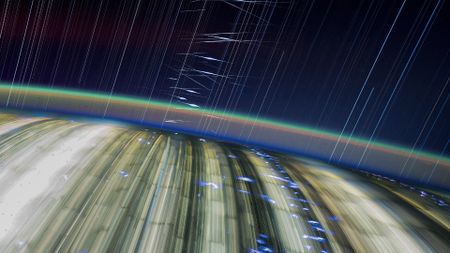
Satellite megaconstellations continue to grow. Could their debris fall on us?
By Leonard David Published -
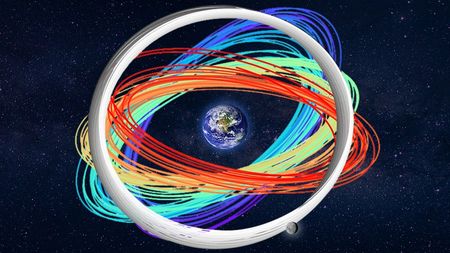
Earth orbit is getting crowded. Can this map of 1 million routes around our planet help prevent satellite collisions?
By Julian Dossett Published -
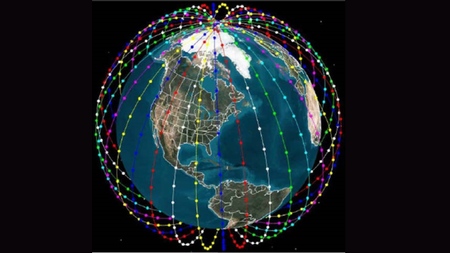
China joins race to develop space-based data centers with 5-year plan
By Julian Dossett Published -
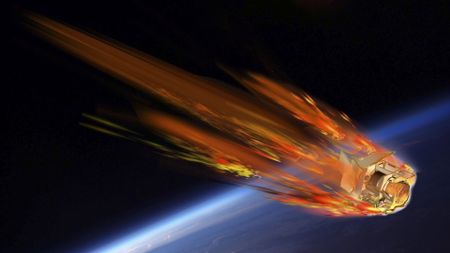
What actually happens to a spacecraft during its fiery last moments? Here's why ESA wants to find out
By Leonard David Published -
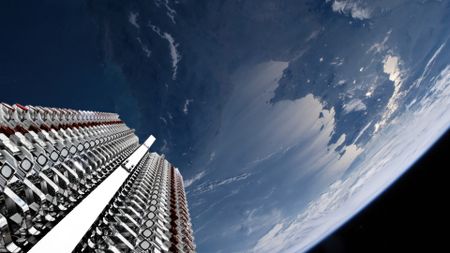
From space to the seabed, critical infrastructure is becoming more vulnerable, experts warn: 'People don't realize how dependent we are'
By Sharmila Kuthunur Published -
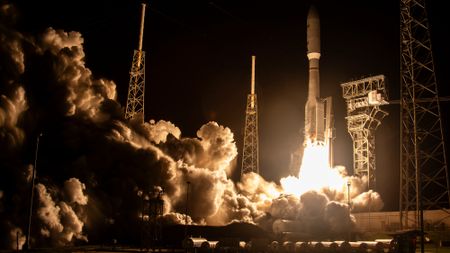
Amazon's internet-beaming satellites are bright enough to disrupt astronomical research, study finds
By Tereza Pultarova Published -
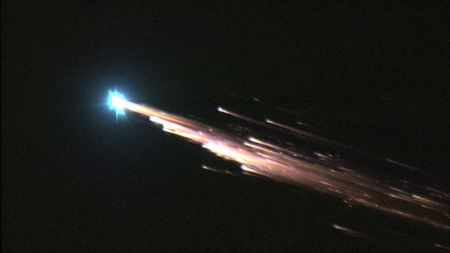
Earthquake sensors can track space junk that crashes back to Earth
By Tereza Pultarova Published -

Jeff Bezos' Blue Origin plans to build 5,400-satellite megaconstellation
By Mike Wall Published -

The risk of falling space junk hitting airplanes is on the rise, experts warn
By Kiona N. Smith Published
-
Search for Life
-
-

Trump says US government will declassify its UFO files. Will we actually learn anything this time, or is this a distraction?
By Brett Tingley Published -
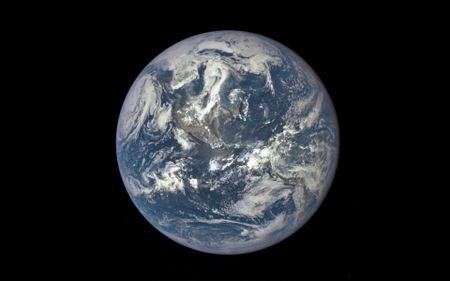
Life on Earth is lucky: A rare chemical fluke may have made our planet habitable
By Samantha Mathewson Published -
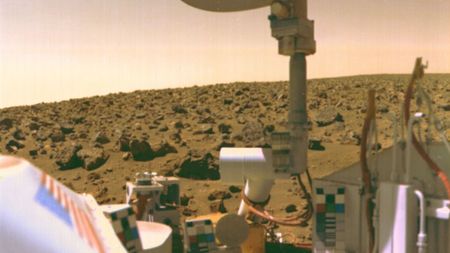
Did the Viking missions discover life on Mars 50 years ago? These scientists think so
By Keith Cooper Published -
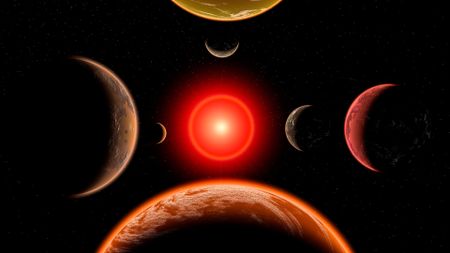
Goodbye Goldilocks: Scientists may have to look beyond habitable zones to find alien life
By Victoria Corless Published -
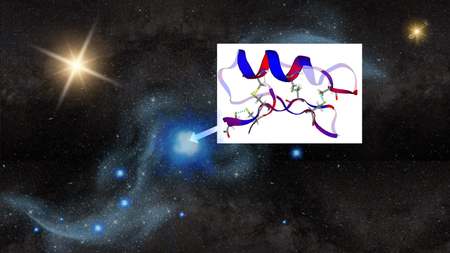
Proteins before planets: How space ice may have created the 1st building blocks of life
By Victoria Corless Published -
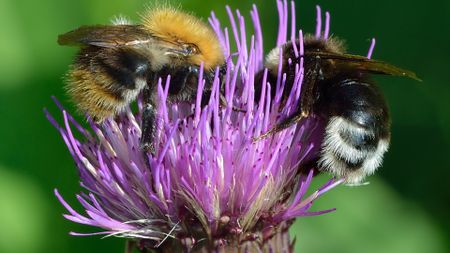
Can we use bees as a model of intelligent alien life to develop interstellar communication?
By Andrew Greentree Published -
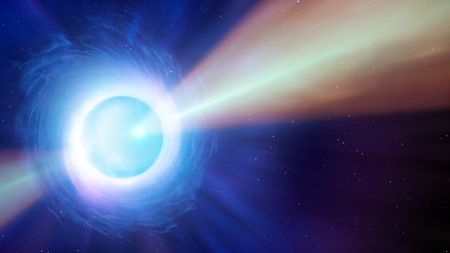
Astronomers searching for alien life are sharpening our cosmic clocks. Here's why
By Sharmila Kuthunur Published -
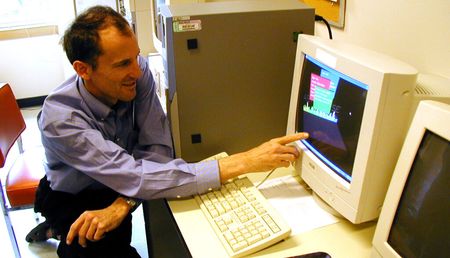
This SETI program is chasing down its final 100 signals. Could one of them be from aliens?
By Keith Cooper Published -
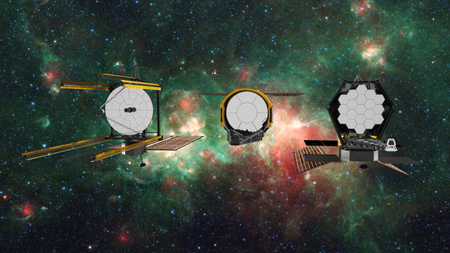
NASA funds new tech for upcoming 'Super Hubble' to search for alien life: 'We intend to move with urgency'
By Josh Dinner Published
-
More about Space Exploration
-
-

SpaceX lands Falcon 9 rocket in The Bahamas for 2nd time ever (video)
By Mike Wall Last updated -

Artemis 2 SLS wet dress rehearsal latest news: 'Launch' countdown completed for moon rocket fueling test
By Josh Dinner Last updated -

'We almost did have a really terrible day.' NASA now says Boeing's 1st Starliner astronaut flight was a 'Type A mishap'
By Mike Wall Published
-